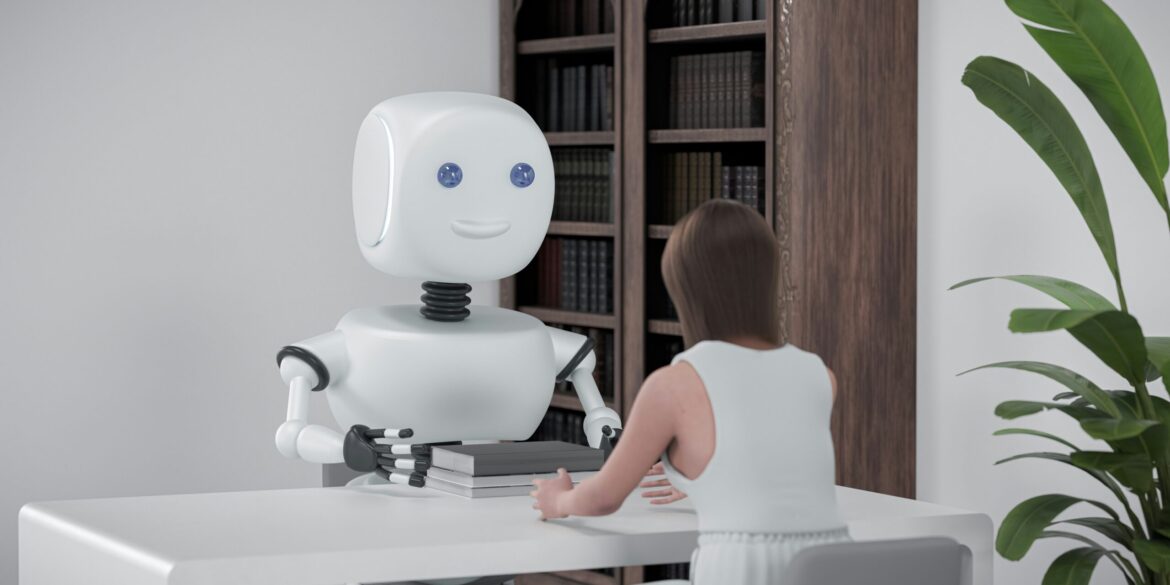The rise of artificial intelligence (AI) in the entertainment industry has sparked debates about its potential to replace human creativity. With advancements in AI-driven content creation, the line between human and machine-generated art is increasingly blurred. In 2025, AI’s role in Hollywood continues to expand, with some believing that AI could one day replace human writers, directors, and even actors.
AI-generated scripts have already made their mark in Hollywood. In 2024, a collaboration between OpenAI and major studios resulted in the first-ever AI-assisted screenplay. The AI system, trained on thousands of successful scripts, was able to produce a script that closely resembled the structure and style of traditional Hollywood blockbusters. This experiment, while still in its early stages, demonstrated the potential for AI to generate compelling narratives. Yet, it also raised questions about the future of creative work and the role of human writers in the industry.
AI-powered writing tools like Jasper and Writesonic have been increasingly adopted by screenwriters to enhance their productivity. These tools are used for brainstorming, generating dialogue, and even creating entire scenes. Writers can now input a basic premise, and AI will offer suggestions for plot twists, character development, and dialogue. While some writers view this as a helpful resource, others fear that it could eventually lead to the devaluation of human creativity in the writing process.
The use of AI in scriptwriting is not limited to low-budget projects or experimental films. Major studios like Warner Bros. and Universal Pictures are exploring the use of AI to generate initial drafts for large-scale franchises. The potential to speed up the creative process and cut production costs is enticing, but it also raises ethical concerns. Will AI-generated scripts lose the emotional depth and nuanced storytelling that human writers bring to the table? Can an AI understand the intricacies of human emotion and cultural context in the same way a human can?
While AI is already being used in other aspects of filmmaking, such as CGI, sound design, and post-production, its increasing involvement in scriptwriting has some concerned that the role of human writers could diminish. Many screenwriters and creatives are pushing back, arguing that while AI may assist with technical aspects of filmmaking, it will never replace the unique human touch that makes storytelling so impactful.
AI’s influence is not just limited to writing. The use of deepfake technology in film has raised concerns about virtual actors replacing real-life performers. In 2023, the film “The Mandalorian” used AI to create a digital version of Luke Skywalker, sparking debates about the ethics of using virtual characters. This technology allows studios to create realistic versions of deceased actors or to bring young characters back to life in a way that was once impossible. However, it also raises questions about the potential loss of jobs for human actors.
Despite these concerns, AI is unlikely to replace human writers or performers in the near future. AI is a tool that can assist with creative processes, but the emotional depth, cultural understanding, and authenticity that human creators bring to the industry remain irreplaceable. The entertainment industry is embracing AI as a tool to enhance storytelling rather than replace it, but the debate over its role in creative fields will continue to evolve.
As AI technology advances, Hollywood will need to find a balance between embracing innovation and preserving the artistry that has defined the film industry for over a century. In the coming years, AI may become a standard tool for writers, directors, and other creatives, but it’s unlikely to ever fully replace the human spirit of creativity that drives storytelling.


